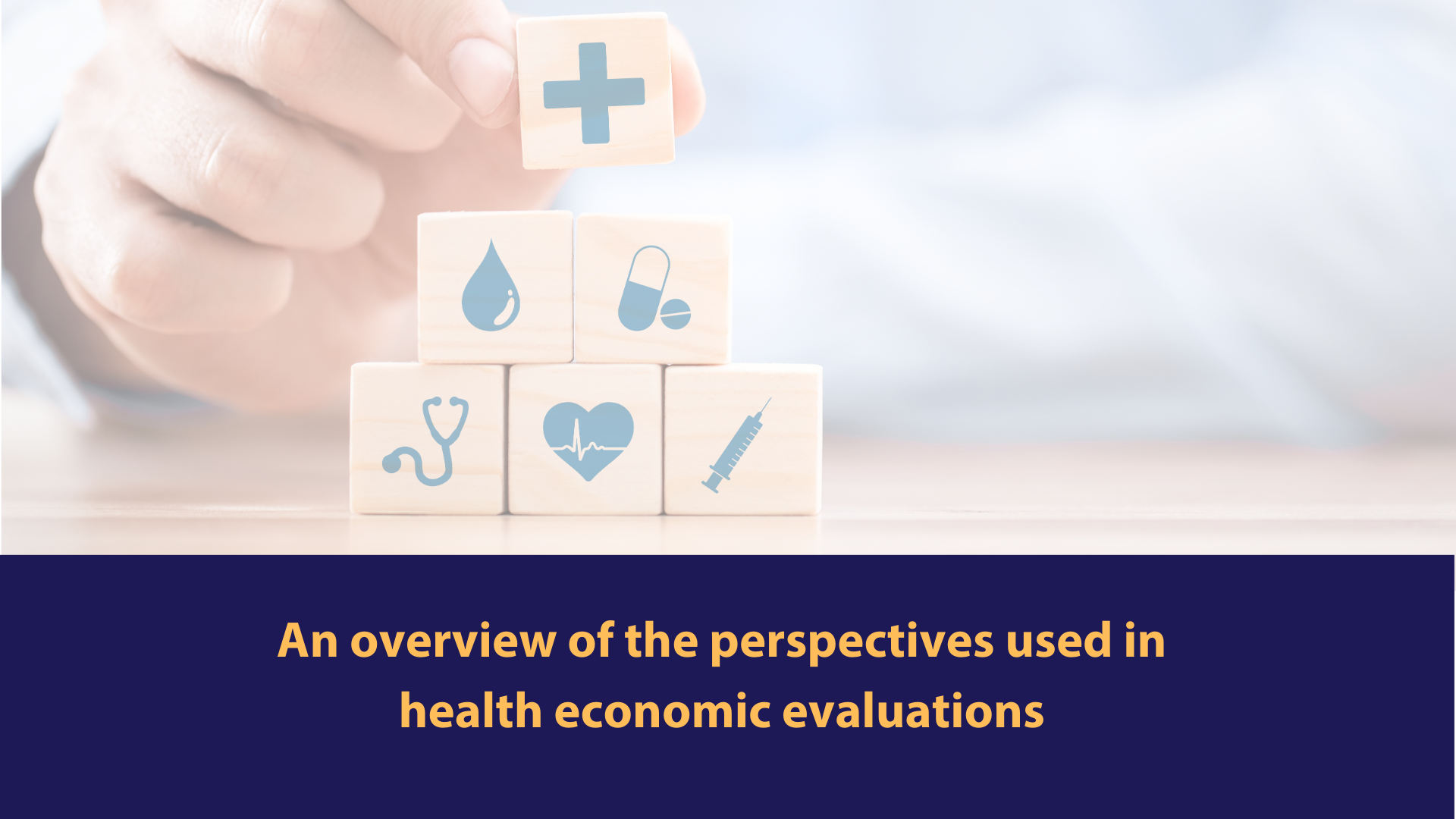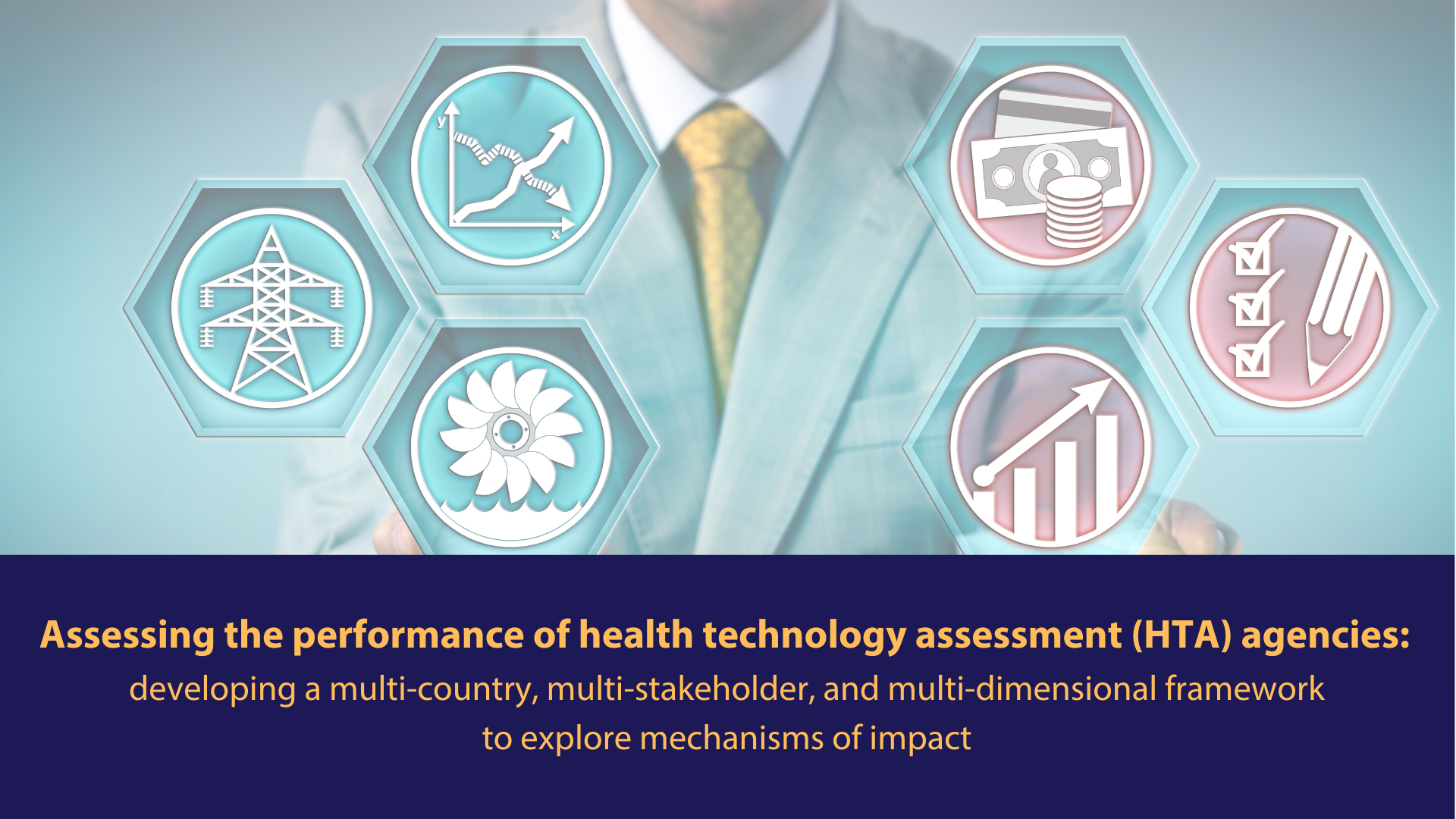Easy way to get a FREE HTA Training in Thailand in 2021!
Top excuses for not using Cost-effectiveness Analysis (CEA)
Cost-effectiveness analysis (CEA) is crucial for health-related decision making. Unfortunately, it is not always considered.
Let us know what are the excuses you hear most often in your setting below! You might win a trip, from anywhere in the world, in January 2021 to Thailand for a 3-day training on health technology assessment (HTA)!
Why should
policy-makers care about Cost-effectiveness Analysis (CEA)?
Cost-effectiveness Analysis (CEA)
is a type of policy research which is conducted to equip policy-makers with making
healthcare decisions. CEA provides evidence on whether investing in one
intervention over another provides good value-for-money for society in terms of
costs and health benefits. Policy-makers are at the centre of this type of research
and without their interest or support, CEA cannot fulfil its intended purpose. In
fact, studies have found that support from policy-makers is the most important
factor for the successful utilisation of CEA studies. However, several policy-makers
around the world do not use CEA to guide their decisions, citing a variety of
reasons, and in doing so, reduce the impact of public expenditure on healthcare.
We want to learn
from you!
To understand and unpack the
reasons why policy-makers shy away from the use of CEA, we are reaching out to researchers
and practitioners working in this field as well as members of the public, who
are ultimately impacted by decisions made by policy-makers, to provide your
inputs through a short, online survey. In this survey, we are asking you to share
the excuses you often encounter in your settings for not using CEA, which
excuses you find to be unreasonable and why.
What is the
benefit of participating in this initiative?
By completing this survey, you
can contribute to empowering policy-makers to use CEA for healthcare decision-making.
With your inputs, we want to highlight to policy-makers the types of excuses
that you, as stakeholders in the healthcare decision-making process, feel are
indefensible and to encourage policy-makers to start thinking about using CEA
to inform healthcare decisions.
You will also have the chance to
win a prize for taking time to complete the survey: a fully-funded (air ticket,
accommodation and training fee) opportunity to join an introduction course on Health
Technology Assessment (HTA) in Bangkok, Thailand for two respondents to the
survey who will be randomly selected.
This course has been conducted in
English by the Health Intervention and Technology Assessment Program (HITAP)
and the Saw Swee Hock School of Public Health, National University of Singapore
(NUS) since 2019. The next course is to be held in early 2021. You can find
information on previous iterations of the course at the following links:
“Workshop and Symposium:
Introduction to Health Technology Assessment (HTA)”, Manila, the Philippines, 7-9
January, 2020:https://sph.nus.edu.sg/events/introduction-to-health-technology-assessment-workshop-and-symposium/
“Health Technology Assessment: Selecting the Highest Value Care” Training and Symposium, Singapore, 8-10 January 2019: https://sph.nus.edu.sg/2019/01/using-evidence-to-empower-decisions-hta-training-and-symposium/
Further details at http://www.goforCEA.club


